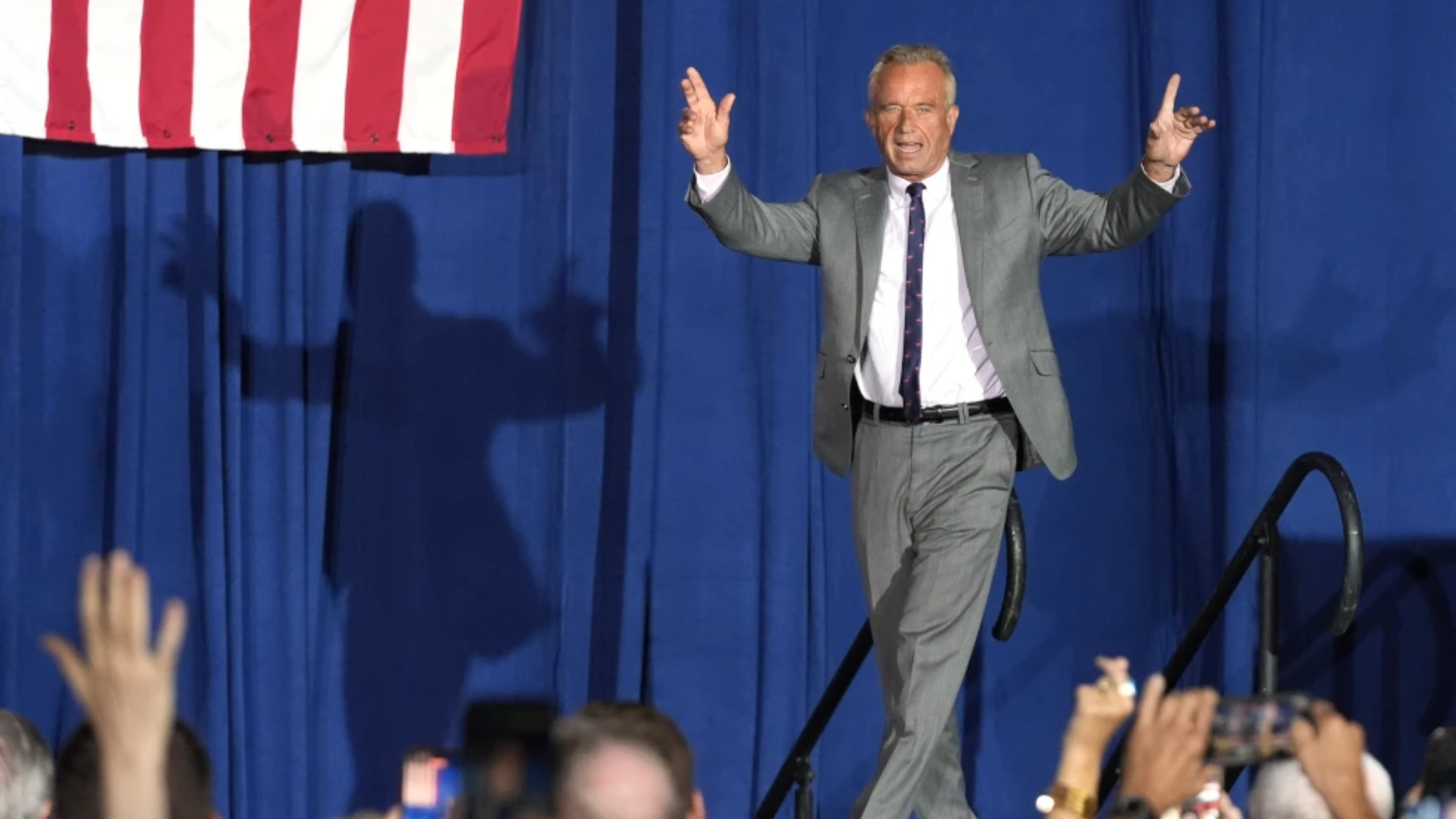WASHINGTON — (CNN) When ISIS came to Abu Israa’s village, he did not flee.
His mother is elderly and can barely walk, and so when the militants urged people to stay, his family chose to remain in their home.
At first, ISIS’s fighters promised they would keep to themselves. But soon life in the village, in Nineveh province, had become a living hell, with brutal punishments and fines meted out for minor infractions, and the constant threat of execution hanging over the population.
Abu Israa (not his real name) says the militants used him and other civilians as human shields, and would not allow them to leave.
He has asked us to conceal his identity, explaining that while he is now safe, in a new temporary home at the Digba refugee camp, he still has relatives at the mercy of ISIS.
“I don’t want to lose more than I already have,” he says.
Execution threats
Under ISIS control, men in the village were forced to grow their beards and shorten their pants. Twice, Abu Israa says, he was fined $40 because his beard did not fit their length specifications.
ISIS also demanded that local women wear the full black niqab. He says his 12-year-old daughter was nearly lashed for walking to the outdoor bathroom — within her own backyard — because ISIS members spotted her without the garment covering her head and body.
Abu Israa worked as an assistant to an ear, nose and throat specialist in Mosul, commuting 30 miles (45km) a day. When ISIS took over the hospital, he tried to quit, because he couldn’t afford the transport costs. He says ISIS didn’t pay regular salaries, instead dividing up the surgery fees.
“I said, ‘I don’t have money to be able to work for free.’ He said, ‘That’s your problem, it should be enough to work for Allah,'” Abu Israa explains. “You know, they make everything about religion, but this is not Islam.”
Then, he says, ISIS threatened to cut his head off.
“I will leave your head on the hospital gate so that everyone who comes will ask why this person was killed,” the militant told him. “And they will know that it was because he refused to work with us, he was an infidel.”
While that particular threat turned out to be an empty one, others were not so lucky; Abu Israa says that in Mosul, he was made to watch as people were put to death.
Children on guard
“The worst thing I saw was an execution. They gathered people off the street and forced us to watch,” he says, shuddering. “They slaughtered them like sheep. Whoever dared speak against them, this was their fate.”
Another day he was on his way to the market when he saw several bodies hanging from an electricity pole. He was told they had been strung up to set an example, showing would-be escapees what would happen to anyone who tried to flee.
“We learned to expect anything. But there was one thing that really surprised me,” he says. “When they left children in the streets at the checkpoints — guarding the checkpoints.”
He points to a boy listening to us, who is perhaps 10 years old.
“About his size,” he explains. “They would just leave them there for the airstrikes to target. But you couldn’t even talk to them, [because] even though they are just children, they can report you and fine you around $16 just for stopping.”
Liberation and loss
Abu Israa kept his mouth shut, obeyed the rules, and prayed it would soon be over.
Finally, some two years on, it seemed that the end was in sight. As the Iraqi army began to advance towards his village, he could hear their loudspeakers in the distance.
“ISIS got us together and they put us in the middle of the village,” he recalls. “They put five families in each home.”
Fierce fighting raged for days, he says — or at least it felt that way.
The family huddled in a room, tried to stay away from the windows and lived on bread and tea. Towards the end of the battle, his youngest daughter ran to the window and pulled back the curtain.
“My younger brother jumped up to pull her back. Then he shouted, ‘I am shot, get me!'” Abu Israa pauses, lost in the memory, the pain and the horror. He hangs his head, wipes his eyes.
“He said, ‘I don’t want to die.’ I said, ‘You won’t.'” Abu Israa remembers, composing himself.
“I carried him out to the army with my wife screaming that we are civilians. I had a long beard, we were a mess, we looked like ISIS. The army said, ‘Put him on the ground.'”
The village’s liberators had arrived, but their help came too late for Abu Israa’s brother, who died in his arms.
The-CNN-Wire ™ & © 2016 Cable News Network, Inc., a Time Warner Company. All rights reserved. (Photo: CNN)






















